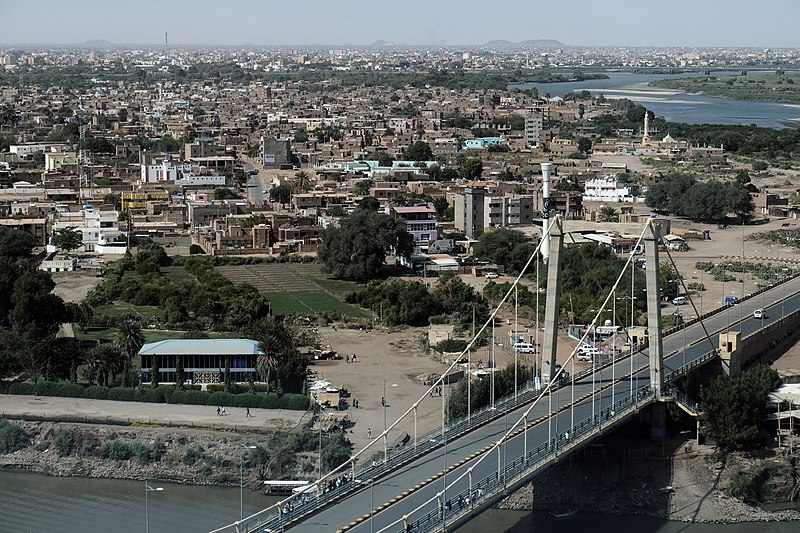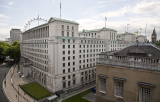
On Tuesday, the British government announced a "large-scale" evacuation of its citizens from Sudan after the warring factions agreed to a 72-hour ceasefire. Military
flights will depart from an airfield outside Khartoum and will be open to those holding British passports. Priority will be given to family groups with children, the elderly, and individuals with medical conditions.
Prime Minister Rishi Sunak tweeted that the British Armed Forces, diplomats, and Border Force staff would be involved in the evacuation, while Foreign Secretary James Cleverly stated that the government had begun contacting nationals directly and providing routes for departure.
As of Monday, an estimated 4,000 British nationals were in Sudan, with a military team already in the east of the country scouting possible options for evacuating them. The Foreign Office advised British nationals not to make their way to the airfield unless instructed and warned of the volatile situation, which could lead to changes in the ability to conduct evacuations at short notice.
On Saturday, the British armed forces had evacuated diplomatic staff and their families from Sudan, prompting criticism from stranded British citizens. However, the government is working with international partners and exploring other potential options to ensure the safe departure of all British nationals from Sudan. Photo by Christopher Michel from San Francisco, USA, Wikimedia commons.









































